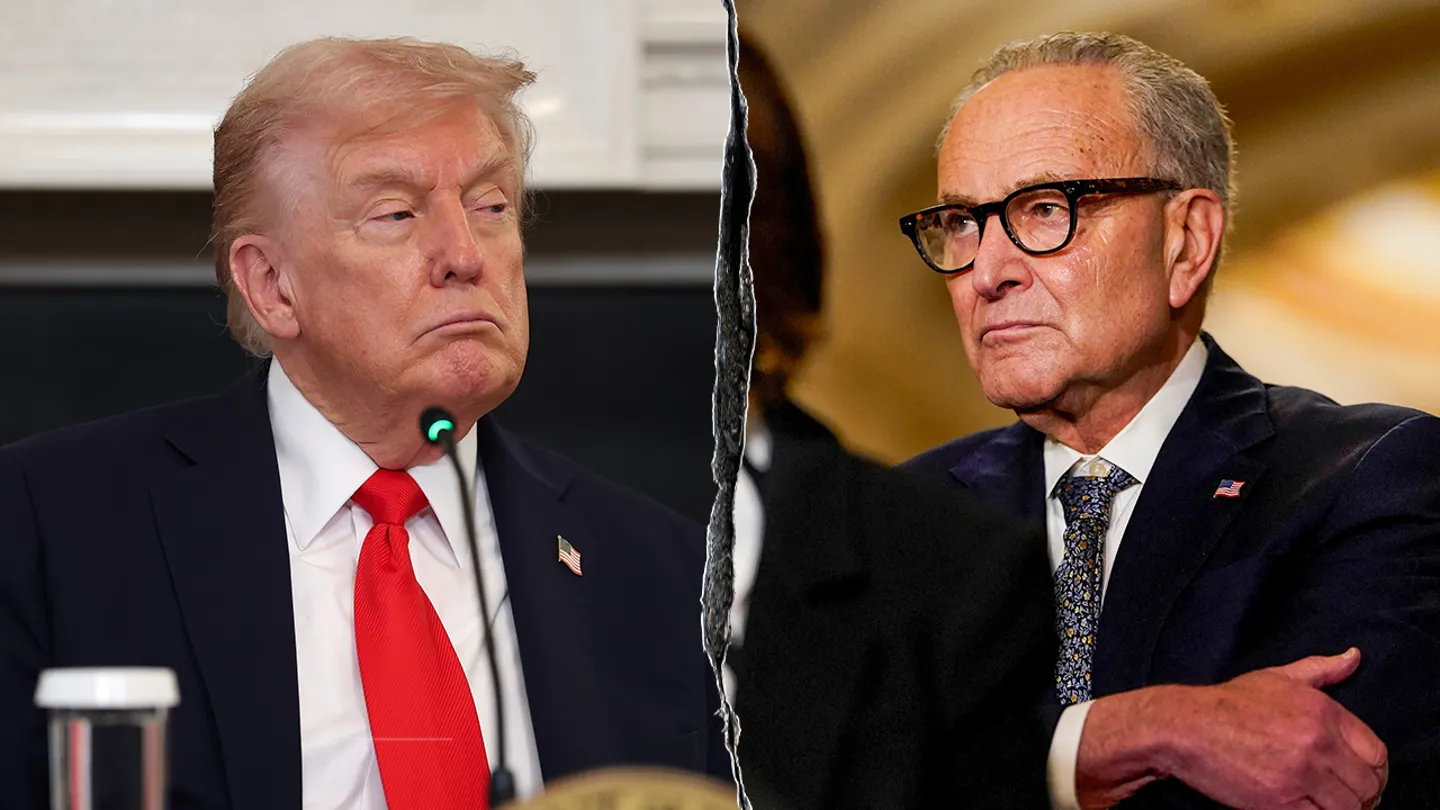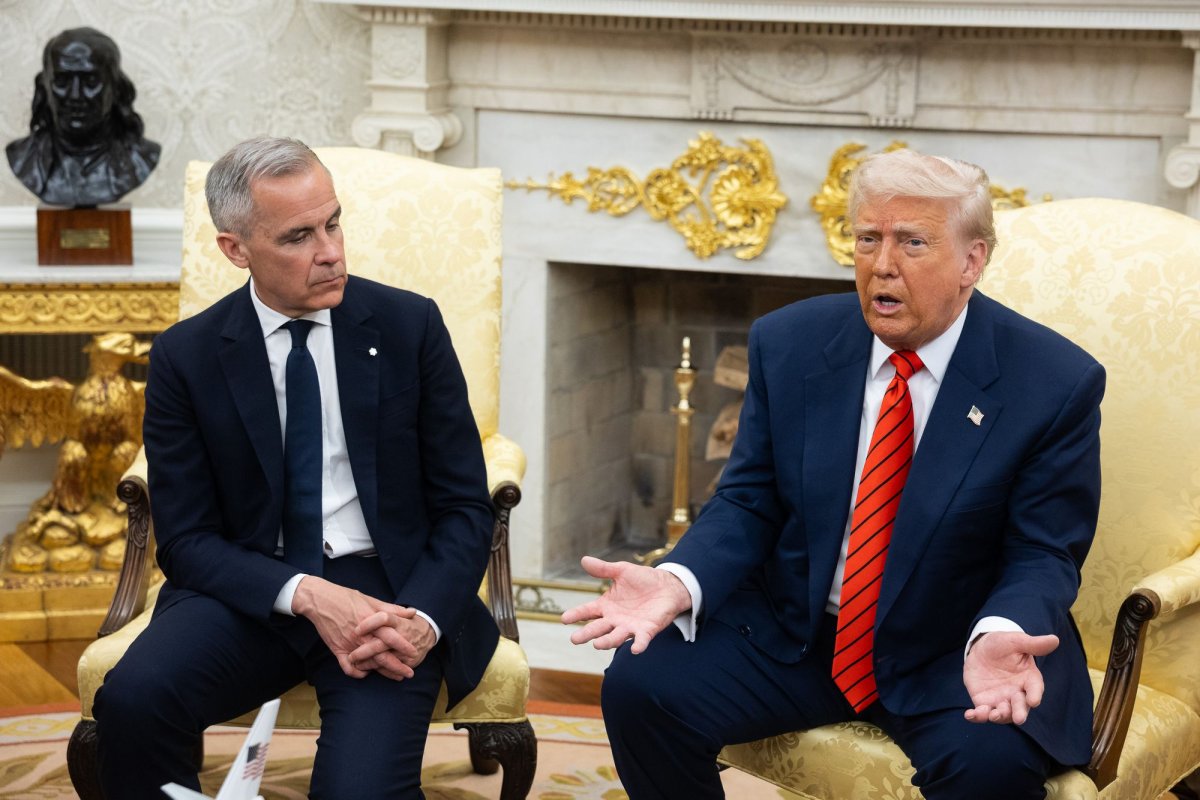There are free speech and foreign policy implications in the state’s decision to bar the Chinese social media app.
Montana’s ban on TikTok marks an important landmark in the regulation of social media: This is the first time a state has issued an all-out ban on an app. The ban will certainly end up in court, as did President Donald Trump’s efforts to ban TikTok nationwide.
But unlike the challenges to Trump’s attempt, which centered on whether he had the power to do so in the exercise of emergency economic powers, this ban will likely get full constitutional scrutiny. Challengers will say that the Montana ban infringes on First Amendment rights by limiting free expression. It also puts the state in the middle of a foreign policy issue that is ordinarily the preserve of the federal government.
Before diving in, full disclosure: I occasionally advise TikTok and Meta on free-expression related issues. But I’m also a constitutional law professor — and the constitutional issues here are pretty clear.
If Montana’s ban works as intended, people within the state won’t be able to download the app and engage in protected expression on it. Nor will people who express themselves on TikTok elsewhere in US be able to reach an audience in Montana. The law also restricts the speech of TikTok itself, a corporation which enjoys First Amendment rights under the notorious Citizens United decision.
These effects amount to a direct ban on speech — a level of regulation that draws the highest level of scrutiny that courts can apply. Known as strict scrutiny, the principle is that the government can only prohibit speech if it has a compelling state interest in doing so and simultaneously has narrowly tailored the law to adopt the least-restrictive means of achieving that compelling interest. In the context of free speech, almost no direct-speech ban ever survives strict scrutiny. They almost invariably get struck down.
In crafting the law, Montana went out of its way to punish not the end user, but Apple and Google if they continue to make the app available for download within the state. As a constitutional matter, that doesn’t make any real difference. Suppose Montana passed a law banning the New York Times app from the app stores. The fact that the law targets the app store for punishment wouldn’t render it less of a restriction on the Times’s speech. Nor is it relevant that the law is reportedly modeled on state laws that ban online gambling. Gambling is conduct, not speech.
To have any chance of justifying these free-speech restrictions, Montana will have to assert in court, as its governor has already done, that the ban is serving the compelling interest of protecting users from having their data collected by the Chinese government.
This is a novel kind of claim, constitutionally speaking. It’s distinctive to the social media context, where merely consuming information on your device exposes you to data collection by the platform you’re using. I can’t think of another example in First Amendment history where the government tried to assert that reading or viewing some content would hurt you, not because the content itself is dangerous but because someone else might spy on you while you are consuming the content.
In principle, a reviewing court would have to determine how serious the danger was and how that danger should be balanced against the harm of censorship. The simplest way for courts to resolve the issue might be simply to say that the ban isn’t narrowly tailored. The state may have been able to achieve its goals by, for example, warning users about the dangers of using TikTok.
Alternatively, you can easily imagine the court saying that the ban is not narrowly tailored because it is so unenforceable: Montanans are still free to download the TikTok app of out-of-state and use it within the state, which doesn’t seem to make them very safe at all.
The further constitutional difficulty, should a court choose to consider it, is that by passing the ban and justifying it on what are essentially national security grounds, Montana is entering into the realm of foreign policy. The Constitution places the foreign policy power in the federal government, not the states. As interpreted by the Supreme Court, that restricts states from pursuing their own foreign policies.
Montana’s action certainly has serious foreign policy implications. You can be sure it is being discussed at the highest levels of the Chinese government. And it should be obvious that we don’t want 50 state legislatures each trying to take the lead in shaping the US-China relationship.
The interesting thing about the foreign policy issue is that, if Congress or the president were to ban TikTok, there would be no such problem: Those are branches of the federal government that are supposed to do foreign policy. But a federal ban would encounter the same free-speech issues as the Montana ban.
Consequently, one effect of the law is to produce a kind of dry run in the courts for the constitutionality under the First Amendment of a possible federal ban. If Montana’s ban is rejected by the courts on free-speech grounds, that will make it harder for any president to credibly threaten a federal ban.
Montana’s ban is set to take effect Jan. 1. But I doubt Montanans will actually have to stop scrolling then.




